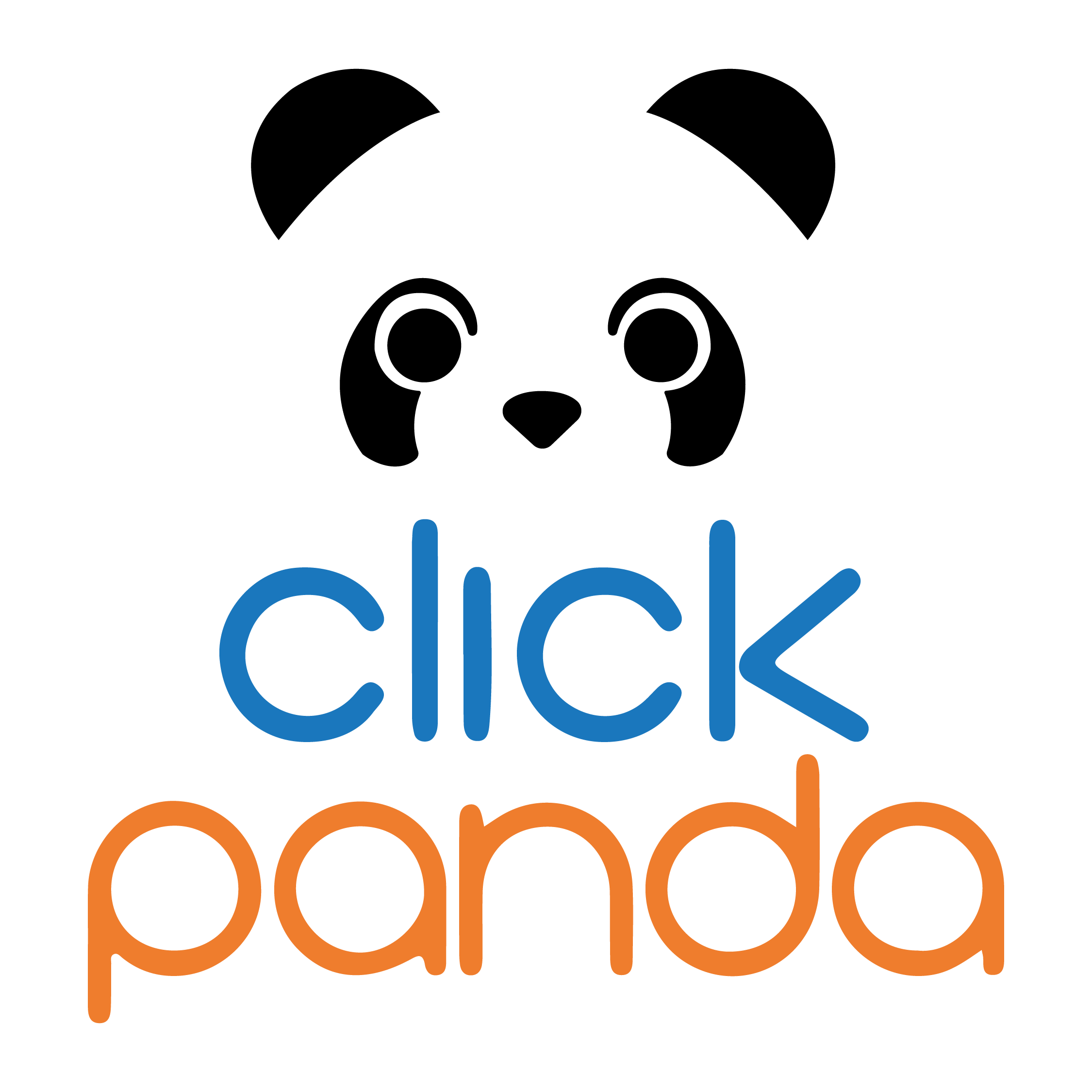
Introduction
As the SEO landscape has evolved, the importance of the meta keyword tag has been the subject of debate. However, before addressing whether it is still useful in 2024, it is essential to understand how SEO strategies work.
Table of Contents
What is the Meta Keyword Tag?
This tag is a piece of HTML code that is inserted into the header of a web page, and is intended to provide search engines with relevant information about the content of the page. Its main purpose has been to tell search engines which keywords or key phrases best describe the specific content of the page.
The basic structure of the meta keywords tag involves the inclusion of a list of keywords that are considered most relevant to the page content. Originally, this tag was used extensively in the 1990s and early 2000s as a crucial factor in the search engine ranking algorithm.
Importance of Keywords in Today's SEO
Keywords remain fundamental in contemporary SEO strategies. Despite constant changes in search engine algorithms and new trends in digital marketing, keywords remain relevant due to their crucial role in understanding and ranking online content.
- Relevance and Search Matching:
Keywords act as connection points between what users are searching for and the content offered by websites. By selecting and optimizing relevant keywords, web pages increase the likelihood of appearing in search results when users enter related queries. - Content Structure and Organization:
Effective use of keywords contributes to the structure and coherent organization of content. It facilitates the creation of focused and thematically relevant content, improving the user experience and allowing search engines to understand the subject matter of the page. - Visibility and Competition in the Market:
Keyword strategies directly impact a website's visibility. By choosing specific, niche keywords, sites can compete effectively in a saturated market, standing out in search results and attracting a more targeted audience. - Multimedia Content Optimization:
Keywords are not only limited to written content; they are also essential for the optimization of multimedia content, such as images and videos. Including relevant keywords in descriptions and tags improves accessibility and understanding by search engines. - Adaptation to Voice Searches and Questions:
With the rise in popularity of voice assistants and question-based searches, keywords remain critical. Optimizing for specific questions and conversational terms allows websites to adapt to the changing ways users search.
Benefits and Limitations of Meta Keyword Tagging
Benefits

- Main Topic Indicator:
The meta keywords tag serves as an initial indicator to search engines about the main topic of the page. By providing relevant keywords, it helps search engines to quickly rank and understand the content.
- Increased Relevance:
By carefully selecting specific keywords for each page, the relevance of the content is improved. This contributes to a more consistent user experience and increases the chances of the page appearing in relevant search results. - Optimization for Search Variants:
The meta keyword tag allows optimization for different variants and synonyms of a keyword, expanding coverage and the ability to attract related traffic. - Facilitates Indexing:
By providing direct information about the content, the meta keywords tag facilitates the indexing process of pages by search engines, contributing to better visibility in search results.
Limitations
- Less Weight in Modern Algorithms:
As search engine algorithms evolve, the importance of the meta keyword tag has decreased compared to other more significant ranking factors. - Potential Spam and Abuse:
In the past, spammers abused the meta keyword tag by stuffing it with non-relevant keywords. As a result, search engines have reduced their impact on algorithms to avoid manipulation. - Emphasis on Other SEO Factors:
With the rise of more holistic approaches to SEO, such as content quality, user experience and domain authority, the meta keyword tag has been overshadowed by factors that address the entire online presence. - Limitations in the Description of Complex Content:
The meta keyword tag is limited in terms of characters, which can make it difficult to fully describe complex or multifaceted content.







